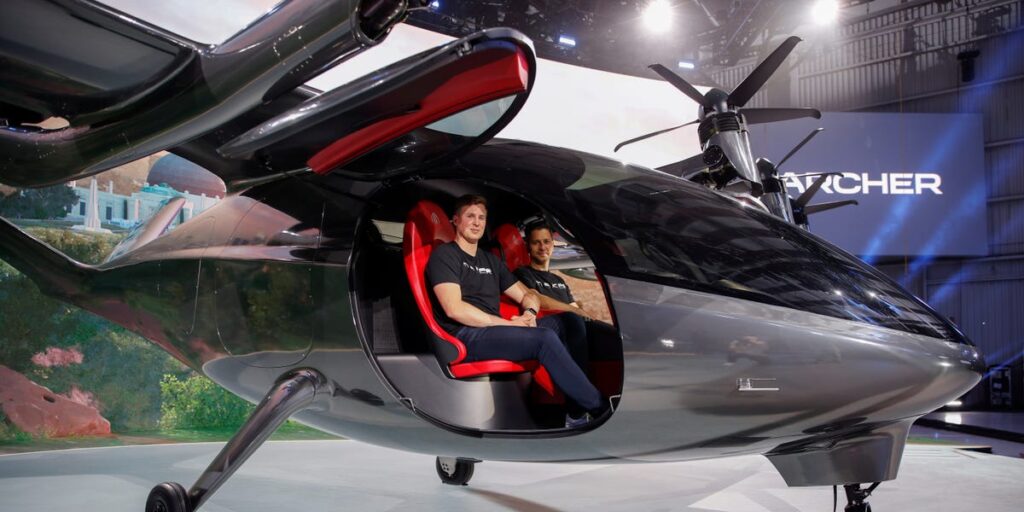Figure AI may be aiming much higher than just making robots.
In an interview with Salesforce CEO Marc Benioff on Wednesday afternoon at the annual Dreamforce conference, Brett Adcock, founder and CEO of the robotics company, said he envisions a future of robotics that sounds like it came from science fiction.
“We’re building a new species here,” said Adcock, in response to Benoiff’s comment on whether he sees a future similar to what was described in the science fiction novel “We Are Legion (We Are Bob),” written by Canadian author Dennis E. Taylor in 2016.
Adcock said that a future where robots could reproduce and share knowledge with one another could be close at hand.
“One of the things I’m excited about is self-replicating von Neumann probes in space, where robots can basically build themselves and go out and mine methane and do the right things on different planets and build more of themselves, and basically colonize the galaxy this way,” Adcock said, in reference to a type of hypothetical robot proposed by John von Neumann, a well known mathematician who conceptualized self-reproducing machines.
“I think it will happen in our lifetime,” he added.
OpenAI has invested $5 million in Figure AI, and CEO Sam Altman largely shares the same vision on robotics as Adcock. In a Bloomberg interview that aired in May, Altman said that the moment will soon come when “like seven robots that walk past you doing things or whatever. It’s gonna feel very sci-fi.”
“I don’t think that’s very far away from like a visceral, like, ‘Oh man, this is gonna do a lot of things that people used to do,'” Altman said.
Figure AI is facing some stiff competition in robotics, mainly from Tesla CEO Elon Musk, who has a rivalry with Altman. Musk sued OpenAI in 2024 for having “deceived” him into cofounding the lab, and OpenAI countersued Musk for harassment in the same year. In September, Musk, who owns xAI, sued Altman’s company again, accusing it of stealing proprietary information by poaching employees — a charge the company has denied.
Tesla is also developing a humanoid robot, Optimus. The first prototype was showcased at Tesla’s AI Day in 2022, and Musk previously said the robot would be ready to launch as a customer product in late 2025 or 2026.
In October, Figure AI introduced its third-generation humanoid robot, Figure 03, which aims to handle household chores, but the robot is not yet available to consumers.
During the interview, Benioff mused about whether robots would all take human form, or if they could resemble cars, as conceptualized in the “Transformers” film series.
Whether robots really need to resemble humans is still largely up for debate. Diligent Robotics, an Austin-based startup, builds a wheeled robot called Moxi for the healthcare space. It doesn’t have legs but can complete essential chores for hospital staff, such as delivering lab samples or medical supplies.
Vivian Chu, cofounder of Diligent Robotics, said that one could think of Moxi as the “minimum viable humanoid,” which is less complex in structure but no less useful in comparison to a humanoid robot.
“I do think that over time, you’re going to very quickly see that the wheel form factor — like two arms, a head, and a wheel — is probably going to be a form factor that ends up covering the majority of what you need,” Chu previously told Business Insider’s Lloyd Lee in an interview.
Read the full article here


